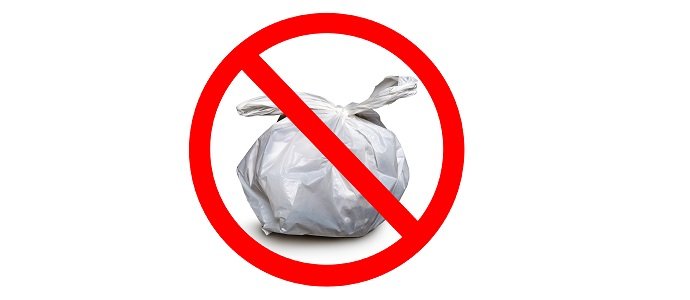
How Realistic is Going Waste-Free?
When people say they have gone completely waste-free, they’re inaccurate. That’s not to say they’re “lying”; they probably avoid garbage like the plague, carrying totes, eating food with compostable scraps, the whole to-do! They may think they live a zero-waste lifestyle, but the truth of the matter is that the way our world currently works, that statement is just not feasible. While the effort is humbling, there’s so much happening outside of your personal lifestyle choices that simply are not, and cannot happen in a waste-free environment.
Take transportation for example. It’s definitely possible that those living a zero-waste lifestyle only walk or ride a bike to and from work, but if they’ve ever ridden a bus, driven a car, flew in a plane, etc. they’re guilty of producing waste in some shape or form. Transportation requires fuel, and fuel creates wasted emissions. While completely possible to avoid all sorts of gas-guzzling transportation modes, it’s very unlikely and in today’s world not an easy feat.
Say this zero-waste person really doesn’t use any of the wasteful modes of transportation (they deserve a round of applause), they MUST consume something that requires shipping of some sort in the supply chain. Unless you grew all of your fruits and vegetables in your own garden and have your own farm of chickens, cows, etc., your eggs, chicken, milk, and veggies were probably in a truck, on a plane, boat, or train at some point in the cycle. Even the toothbrush you use made of bamboo and all the other re-purposed goods created some sort of waste down the line.
However, don’t let this discourage you. While going 100% waste-free is nearly impossible, all your at-home and consumer-conscience efforts to minimize your waste stream are extremely valuable. In the U.S alone, people create enough trash to fill 44,919 garbage trucks each day. Each one of those trucks can hold 9 tons of trash! Scientists believe that if we keep this up, the trash will eventually seep so far into our Earth that the damage will be irreversible. By controlling your own personal waste stream, you’re contributing to minimizing those garbage truck loads.
To break this down a little further, people on average create 4.4 pounds of trash per day per person. That’s 90,000 pounds of trash in one human beings lifetime. If you’re one of the noble people on the pursuit to a zero-waste lifestyle, you can prevent 90,000 pounds of trash from entering our landfills. That definitely puts your efforts into a greater perspective. One person can make a huge change. Though being 100% waste free is not all that realistic, the concept is important and should be attempted by everyone. The world will benefit immensely even if you’re a hair shy of perfection.
References:
“Waste Facts and Reasons to Act.” Green Mary. N.p., 30 June 2003. Web. 08 June 2017.
Writer, Tom Szaky Guest. “Zero Waste Is All the Rage, but Is It Realistic?” TreeHugger. Treehugger, 01 May 2017. Web. 08 June 2017.













Thank you for the realistic outlook on the zero waste debate. When I read about these “zero waste” practitioners, I can’t help but feel they are very unrealistic. In the real world, away from their upper middle class bubbles, there are so many things to factor in. How do you have less waste when you require regular medications, as both my wife and I do? And what about those constrained by socio-economics, or geographic location?
Having said that, we have reduced our actual garbage to a small bag a fortnight. We compost, we recycle, we re-use.